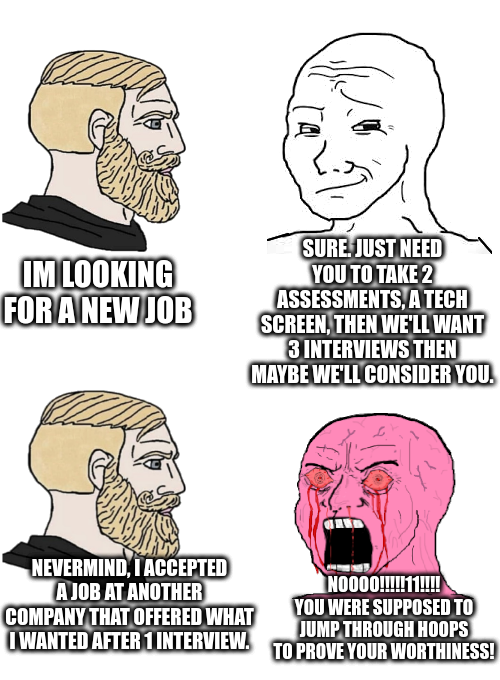This is an internal memo I wrote in the earlier days of Reliable Robotics. I’m sharing it here publicly in case others find it useful.
Werner von Braun has this quote, “I have learned to use the word ‘impossible’ with the greatest of caution.” I’ve gone searching for the context in which he made this comment but haven’t uncovered yet where he said this or what it was in reference to. But having been part of several projects now that many (including myself) thought were impossible I get where he is coming from. When you prove others wrong once or twice in your career you start to become immune to passive dismissals of impossibility.
Possibility vs. impossibility is not just a glass-half-full vs. glass-half-empty, optimistic vs. pessimist issue. The differentiator here is energy, not mental outlook. It takes less energy to passively dismiss something as impossible than it does to dig in and understand how something might be possible. Understanding the possibility of something requires focus, thought and action.
When we started Reliable Robotics, we heard our fair share of passive dismissals:
- It’s going to be impossible to get an aircraft flying itself with a small team…
- It’s going to be impossible to get permission from the regulator…
- It’s going to be impossible to get permission from an insurance underwriter…
- It’s going to be impossible to get a customer…
- It’s going to be impossible to get an investor…
- etc., etc…
These claims often came from a place of intuition, with no rationale or thought placed in them. These are all easy claims to make, and proving them wrong takes time and energy. To be fair, we are yet to prove all of the passive dismissers wrong. But we have, in relatively short order, proven many of these claims to be terribly short-sighted.
Looking back, I credit our perseverance through this morass of negativity to all of the wonderfully successful “impossible” projects we’ve worked on in the past. With success, you build up a certain resistance to passive dismissals. You never become entirely immune, but you do learn to separate the credible objections from the non-credible, and how to objectively address the doubts and concerns without falling prey to the emotional response.
Success only gets you so far however (as those with imposter syndrome can attest)! And when you are starting at the beginning, or following a failure, you still need to be able to bootstrap your own partial immunity to passive dismissals. For me personally, I’ve discovered that I’m actually energized by naysayers. A former colleague once observed, “the best way to get a great engineer enthusiastic about a challenge is to bet them they can’t do it,” and this is definitely true for my personality. The “we’ll prove them wrong” outlook, if properly harnessed, can provide a solid foundation on which to make something possible.
Eventually, you learn to take pity on the doubters, the non-believers, the dismissers. They just haven’t had the good fortune of being part of an impossible project yet, or they are just too busy to dig in and challenge their own assumptions. Either way, in a world where we are literally not constrained to this world anymore–a world Werner von Braun helped create–it does surprise me that anyone would throw the word ‘impossible’ around so lightly.

